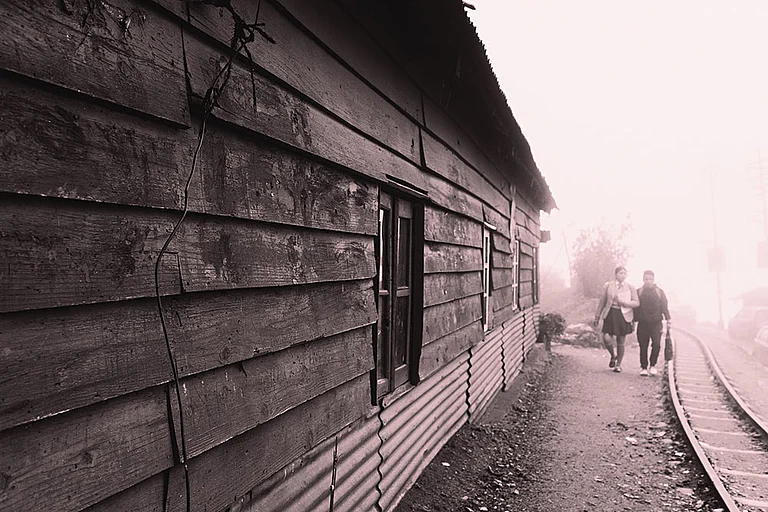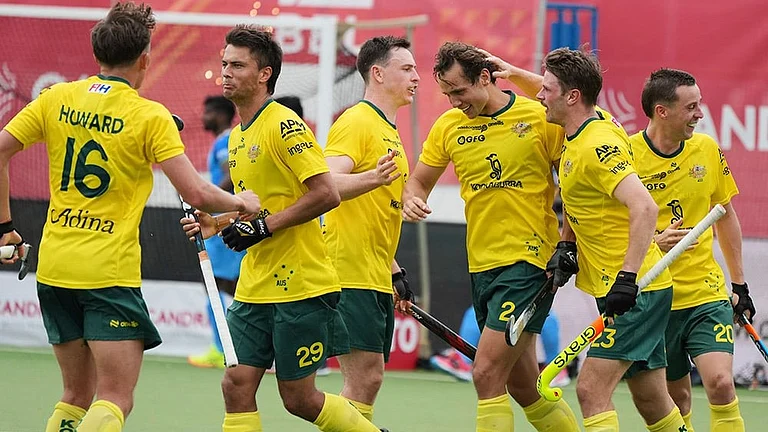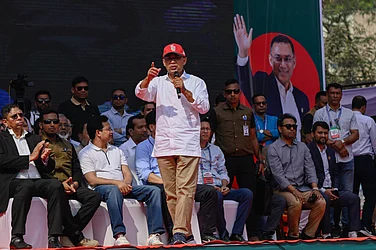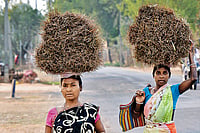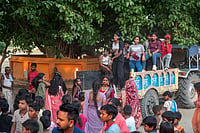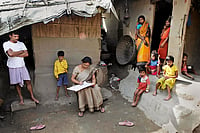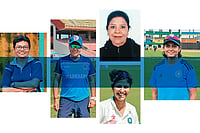Over a decade ago, Sharad Pawar was on the cusp of becoming the Prime Minister of India. The Congress party had the strength to make him one. However, it never happened as he could not get the right number of MPs to support his candidature. Since then, the political dynamics across the country have changed and Pawar’s dream remains just a dream.
In the intervening years since then, Pawar, as the Nationalist Congress Party (NCP) chief, has consolidated his position as a national leader. His political manoeuvres have taken his opponents by surprise, often achieving unexpected results. After the Assembly polls in Maharashtra in 2019, as the Bharatiya Janata Party (BJP) —the party with the largest number of seats— prepared to sit in power yet again, Pawar’s political moves left them not only stunned but also holding on to the Opposition baton. He brought together unlikely political bedfellows and stitched together a coalition with parties who had fought the same election as opponents. The coming together of ideological opposites, the Congress party and the Shiv Sena along with the NCP in a tripartite coalition, Maha Vikas Aghadi (MVA), shook the BJP hard.
To add injury to insult, Pawar ensured that the chief of the then unified Shiv Sena, Uddhav Thackeray, who had been an ally of the BJP in that Assembly poll, was installed as the Chief Minister of Maharashtra.
In the formation of the Indian National Developmental Inclusive Alliance (INDIA) —a national coalition of 28 opposition parties— Pawar cannot be ignored. ‘Impossible’ is not a familiar word in the Pawar brand of politics. When he sets his mind on something it becomes a looming possibility. In the INDIA coalition, the Pawar brand will play an important part in trying to checkmate the BJP in the polls. One of the wiliest politicians in the country, he is well-versed with the pulse of the electorate, say those who know him. Within the INDIA coalition, Pawar is a half-hearted participant embroiled in a political battle with his nephew, Ajit Pawar, who has vertically split the NCP and has also staked claim to the party’s name and symbol.
So, when the Maha Vikas Aghadi Government was brought down by Shiv Sena rebel MLAs led by Eknath Shinde, it did not come as neither a surprise nor a shock to Pawar. The leader often referred to as “the Maratha strongman” has an enviable network of informants across the spectrum. He is tuned in to the political pulse of all the major political parties spread across the states of India. According to people who know the leader, he is someone who rarely rests, even when he is victorious in elections. The day the MVA Government fell to the political manoeuvres of the BJP, Pawar started touring Maharashtra and establishing a renewed connection with the people.
Confidantes, friends, and his foes compare Pawar’s political astuteness to that of a jungle cat. Pawar is considered to be a politician with the Midas touch who has the flair to help even “has-beens” stage a comeback. Sources told Outlook that Pawar is not a man given to emotional extravagance and is a politician who cannot be pressured into doing something he does not want to do. In the ongoing political battle with his nephew, he has turned the clock back in time and gone down nostalgia lane seeking a renewed emotional connection with the electorate.
Another important leader of the INDIA bloc is the former Congress President Sonia Gandhi. In a recent address at the Congress Working Committee (CWC) meeting in Hyderabad, the leader called for unity within the 28-party INDIA bloc. Falling back in time to the past glory during the Congress party rule, Gandhi resolved to make the INDIA bloc an “ideological and electoral” success. Like Pawar, Gandhi too is fighting health issues but this has not dampened the spirits of both leaders. In the years since Gandhi first entered the Congress Party, she has acquired a political acumen that is respected by the other leaders of the INDIA bloc, says a senior Congress Party leader who had once questioned her leadership.
When she joined active politics, the Congress Party was going through a tough phase. She had reached out to the Opposition parties and formed the United Progressive Alliance (UPA) coalition after the Congress Party was defeated in 1999. In 2004, the UPDA defeated the BJP and came back to power. Despite the progressive strides made by the then Prime Minister Manmohan Singh, a former Governor of the Reserve Bank of India, it is Gandhi who is credited as the architect of Singh’s successes. The MGNREGA, Right To Education, Food Security Act, Aadhar Card were all drafted by the National Advisory Council chaired by Gandhi. Congress party leaders have often referred to these as Gandhi’s successes rather than that of Singh. Her experience of leading the UPA coalition will be an added advantage for her in the INDIA bloc.
In her comeback bid with the INDIA bloc, the Congress Party is repackaging Gandhi’s virtues as an Indian bahu, like her fondness for dal-chawal, her knowledge of the Gayatri Mantra or the celebration of religious functions at her residence to reestablish a national connect.
Jharkhand Chief Minister Hemant Soren, another member of the INDIA bloc, has also been referring to the political successes and the welfare activities of his father Shibu Soren, who is considered to be as popular as Birsa Munda and Jaipal Singh Munda. Shibu Soren has been closely associated with the struggles of the adivasis in the state for several decades. It is this struggle that his son Hemant keeps referring to and has helped him reap many electoral benefits. In the four years of the Hemant Soren government, there have been several by-polls. However, it is the Jharkhand Mukti Morcha (JMM) that has registered the most wins. These victories are closely linked to the welfare work the Jharkhand Government that the JMM has been doing for the adivasis.
On November 27, 1957, when Shibu Soren’s father was murdered by some members of the Mahajan community, the former took to the streets against the atrocities of the Mahajans. This escalated him into mainstream Jharkhand politics and he carved a niche for himself as the leader of the adivasis. His journey in electoral politics started in 1977 and Shibu Soren and the JMM have emerged a strong political force. The chief minister’s frequent forays into the public activism of his father have kept it alive and relevant in public memory.








